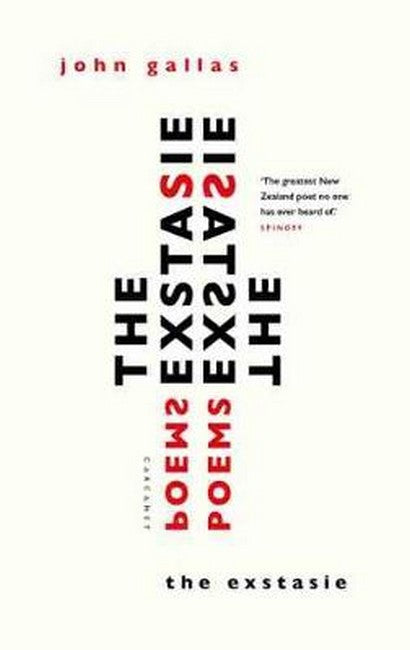The Extasie is a compelling book of love poems with its lyrical roots deep in the sixteenth and seventeenth centuries and the rural traditions of the nineteenth. Among New Zealand poet John Gallas's spirit guides are John Clare and, in particular, Wyatt and Donne, writers from our poetry's wittiest and most ecstatic age. But the book's heart is set firmly in the twenty-first century. Its two parts follow the seasons of a revelatory love through different weathers and forms. The poems follow the sequence of their composition, so we register the intimacies, forced separations, complexities and climaxes as on a lyrical fever chart. Things are never still or static, everywhere is growth and wonder - birds, tides, skies, trees, sheep, planets and flowers: a celebration of the natural world, and a seeing together. The eye of the poet is always turned to the world: how the world is seen and felt is a sufficient record of the partners' intimacy. Gallas's language is marked by vigorous verbs, arresting inversions, a world of process and mutation, of transformation about one constant belief. It is hard to find poetry so at ease and at home with the particular detail of rural England, of a Lincolnshire and Norfolk imbued with their own histories and a new-made sense of place.

